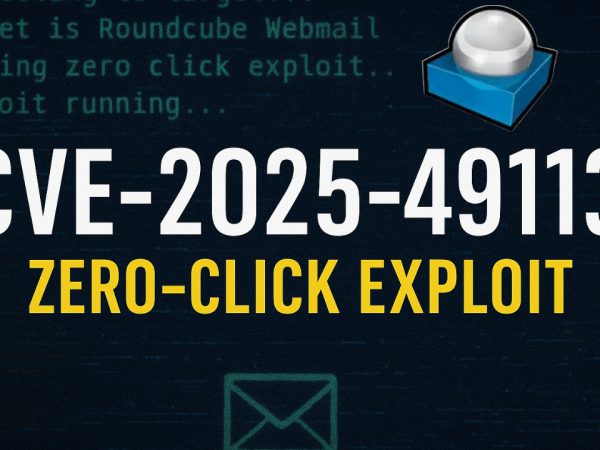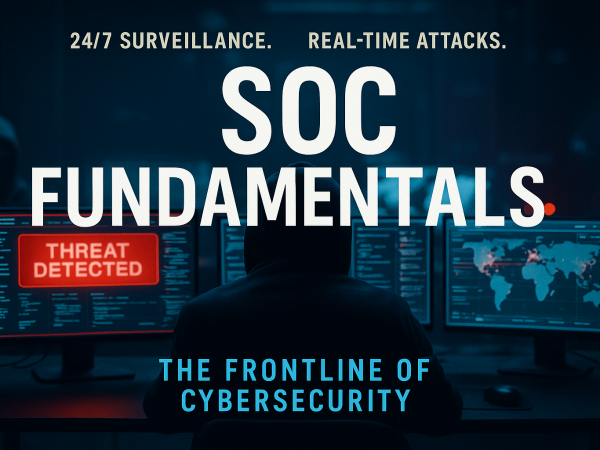For aspiring cybersecurity professionals, hands-on experience is a crucial stepping stone to mastering the field. Hack The Box (HTB), a renowned platform for ethical hacking and cybersecurity training, offers an exceptional resource for beginners: the Beginner Track. This curated learning path is designed to provide newcomers with a solid foundation in cybersecurity concepts, tools, and methodologies through practical, real-world challenges.
In this article, we’ll explore the key aspects of the HTB Beginner Track, its benefits, and tips for successfully completing it..
What is the Hack The Box Beginner Track?
The Beginner Track on Hack The Box is a carefully structured series of challenges aimed at introducing essential cybersecurity concepts to individuals with little to no prior experience. It is designed to demystify the world of ethical hacking, offering participants step-by-step guidance while immersing them in engaging, interactive scenarios.
The track focuses on building foundational knowledge and covers topics such as:
Privilege escalation
Basics of networking
Linux fundamentals
Enumeration and reconnaissance
Exploitation techniques
Machines and Challenges in the HTB Beginner Track
1. Starting Point: The Basics
- Machine: “Starting Point”
- This is a gateway for absolute beginners.
- Focuses on understanding the HTB platform, basic networking, and enumeration techniques.
- Skills Learned:
- Connecting to VPN and HTB labs.
- Using tools like
pingandnmapfor reconnaissance. - Introduction to simple web exploitation.
Machine: “Blue”
- A Windows-based machine with a focus on exploiting SMB vulnerabilities.
- Skills Learned:
- Using tools like
smbclient. - Understanding EternalBlue (MS17-010) exploitation.
- Using tools like
Machine: “Lame”
- Explores fundamental enumeration techniques for Windows systems.
- Skills Learned:
- Exploiting outdated SMB services.
- Using Metasploit for simple payload delivery.

Tools You’ll Use in the Beginner Track
The Beginner Track emphasizes hands-on use of tools widely used in the industry. Below are some examples:
- Enumeration:
nmap,dirbuster,gobuster - Web Exploitation: Burp Suite,
curl, OWASP Zap - File Analysis:
strings,file, CyberChef - Privilege Escalation:
linPEAS,winPEAS,sudo,GTFOBins - Metasploit Framework: For payload creation and exploitation.
Key Components of the Beginner Track
The Beginner Track consists of a mix of theoretical modules and practical labs. Here’s a breakdown of its core components:
1. Introduction to Ethical Hacking
This module lays the groundwork by explaining:
- What ethical hacking is and why it’s important
- Different types of hackers (white hat, black hat, grey hat)
- The ethical and legal frameworks for penetration testing
2. Networking Basics
Understanding networking is crucial for cybersecurity. This module introduces:
- TCP/IP basics
- Common network protocols (HTTP, FTP, DNS)
- How to use tools like
ping,traceroute, andnetstatto analyze network traffic
3. Linux Fundamentals
Linux is a staple in cybersecurity, and this module helps participants:
- Navigate Linux environments
- Use essential commands for file manipulation and process management
- Understand file permissions and directory structures
4. Enumeration and Reconnaissance
Enumeration is the first step in hacking, involving information gathering to identify vulnerabilities. Topics covered include:
- Active vs. passive reconnaissance
- Using tools like
nmap,dirbuster, andwhois - Understanding the importance of open ports and exposed services
5. Exploitation Basics
This module teaches participants how vulnerabilities in systems and applications can be exploited. Key aspects include:
- Identifying and exploiting common vulnerabilities
- Understanding CVEs (Common Vulnerabilities and Exposures)
- Utilizing basic payloads with tools like Metasploit
6. Privilege Escalation
After gaining initial access, privilege escalation allows an attacker to gain higher-level access. This module covers:
- Common privilege escalation techniques in Windows and Linux
- Using tools like
linPEASandwinPEAS - Understanding kernel exploits and misconfigurations
Tips for to Compelte HTB Beginner Track
- Learn Networking and Linux Basics Before Starting
While the Beginner Track includes foundational modules, having a basic understanding of networking and Linux commands can make the experience smoother. - Take Notes
Document everything you learn, including commands, techniques, and lessons from challenges. This creates a personalized reference for future use. - Don’t Skip the Walkthroughs
The guided tutorials are designed to teach best practices and effective methodologies. Take the time to thoroughly understand them. - Ask for Help
The HTB forums and Discord community are invaluable resources for troubleshooting and learning from others. - Practice Consistently
Cybersecurity is a field where practice truly makes perfect. Revisit challenges or explore additional rooms on Hack The Box to solidify your skills.
You can also find HackTheBox Beginner Track Walkthroughs from here
Conclusion
The Hack The Box Beginner Track is a perfect starting point for anyone looking to break into cybersecurity. By combining theory with practical challenges, it provides an immersive learning experience that equips participants with essential hacking skills and a deeper understanding of security principles.
Whether you’re a student, an IT professional looking to pivot, or simply curious about ethical hacking, the Beginner Track offers a structured, engaging, and rewarding path to building your expertise.




